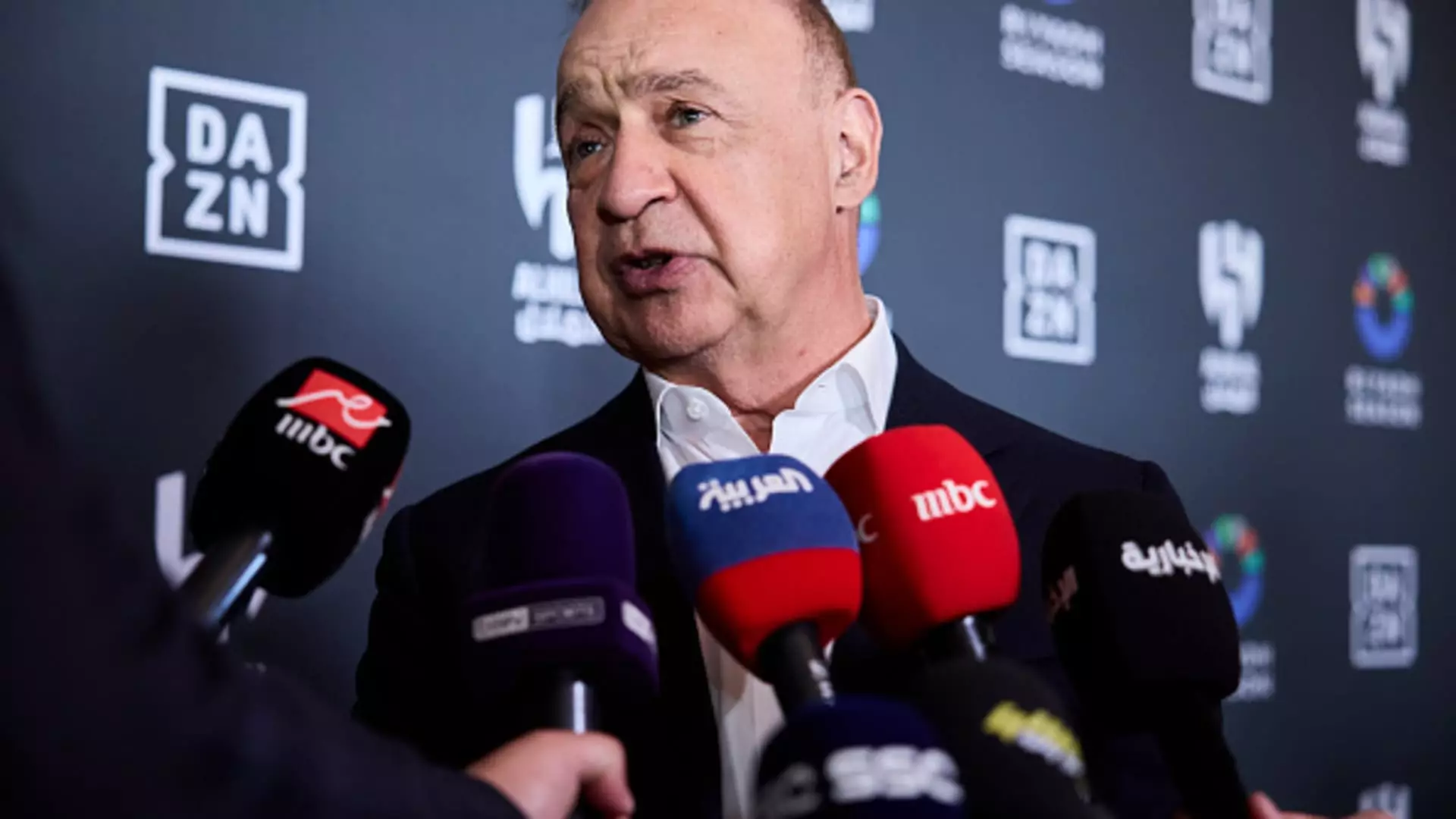Private Investments Plummet by 45%: The Price of Political Turbulence

The world of high-net-worth individuals is currently navigating turbulent waters, with private investment firms experiencing a sharp decline in deal-making activity. Recent data indicated a staggering 45% drop in direct investments by single-family offices compared to the previous year. With a backdrop of political uncertainty, particularly around President Donald Trump’s aggressive tariff policies, it becomes clear that the mood among wealth holders is increasingly cautious. Instead of embarking on ambitious ventures, many wealthy families are taking a step back to evaluate their portfolios and make strategic recalibrations.
Tariff policies are often intended to protect domestic industries; however, the fallout can be acute. The imposition of a blanket 10% duty on most countries, with rates soaring to 46% for imports from Vietnam, creates an environment rife with unpredictability. For family offices that make investments across the globe, it poses questions of viability regarding their existing holdings. As they assess the impact of these tariffs, it seems prudent for them to prioritize stability over aggressive growth in this tense political climate.
Branches of Investment: Pointing Towards Caution
With investment decisions so critically affected by geopolitical events, wealthy families find themselves in a precarious balancing act. The statement from Vicki Odette, a partner at Haynes Boone, sheds light on the necessity for caution. Investors are assessing not just their returns but also evaluating the broader landscape and potential risks associated with their venture capital. The potential for significant disruptions means that there are fewer counter-bidders, leading to a more sedate investment pace.
While it might be tempting for these wealthy investors to continue pouring capital into new opportunities, the reality is that many are reluctant to do so without a clear understanding of the variables at play. The fear of diminishing returns, or worse, total capital erosion due to adverse policies, is weighing heavily on their minds. This naturally leads to a phase of reflection and, frequently, withdrawal from the market.
Some Investors Take Calculated Risks
Interestingly enough, while the overall trend shows a withdrawal, the investment landscape isn’t entirely bleak. A notable exception can be seen in the actions of firms like Euclidean Capital, which made a recent foray into technology investment by backing Zeitview, a startup employing drone technology and artificial intelligence for infrastructure inspections. This move indicates that while the sentiment among investors is one of caution, there are still opportunities perceived as strong enough to warrant commitment.
Similarly, Dubai Holding’s involvement in acquiring Nord Anglia Education at a staggering valuation of $14.5 billion further illustrates that amidst a sea of uncertainty, there are still pockets of confidence in select industries. Such decisions are perhaps indicative of a segment of investors who see value in long-term fundamentals over short-term geopolitical noise.
The Rise of Private Credit Funds
With uncertainties prevailing, it’s only natural that affluent families are beginning to shuffle their investment strategies. Odette notes an uptick in interest in private credit funds aimed at short-term loans—suggesting a strategy pivot toward safer assets that can provide quicker returns in volatile markets. Given the throttle on traditional deal-making, the allure of private lending becomes increasingly attractive, allowing investors to retain some liquidity while potentially earning decent yields.
This shift not only reflects broader concerns over tariff impacts but also mirrors a rising trend among family offices eager to ensure liquidity while remaining resilient against the potential fallout from ongoing trade wars. In a market that feels increasingly frail, the approach towards conservative investments may very well define future strategies among the ultra-wealthy.
Confronting Global Ramifications
The shadow of political decisions doesn’t cease at national borders. Investors from the Middle East expressing concerns about the U.S. market’s stability indicates a more global outlook. The interconnectedness of markets means that many investors are not just sitting impotently; they’re strategizing across continents, asking tough questions about how U.S. policies will reverberate globally. This complexity further complicates the decision-making process for family offices, who must not only analyze their domestic positions but also how these positions play into a broader strategy.
The investment landscape for the ultra-wealthy is currently fraught with challenges. As markets react to political pressures and tariff implementations, cautious optimism emerges as wealthy families aim to recalibrate their approaches while remaining vigilant against potential risks. Such evolving dynamics in the world of family office investments will likely set the stage for considerable transformations in the months to come.





